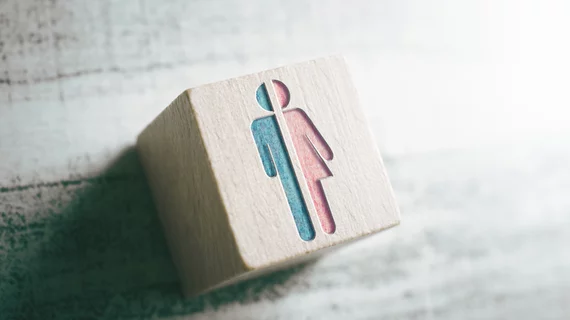Veterans Affairs ends gender-affirming care for new trans patients
The Department of Veterans Affairs announced on Monday that it will no longer provide medical treatment to veterans experiencing gender dysphoria unless those individuals are already receiving ongoing care.
According to a press release, the agency is attempting to comply with an executive order from President Donald Trump that states: “It is the policy of the United States to recognize two sexes, male and female. These sexes are not changeable and are grounded in fundamental and incontrovertible reality.”
The shift will still allow transgender veterans already undergoing hormone therapy to continue receiving their treatments in accordance with medical guidelines. However, the VA said it will no longer provide gender-affirming surgeries to anyone.
“I mean no disrespect to anyone, but VA should not be focused on helping veterans attempt to change their sex,” VA Secretary Doug Collins said in a statement. “All eligible Veterans—including trans-identified veterans—will always be welcome at VA and will always receive the benefits and services they’ve earned under the law. But if veterans want to attempt to change their sex, they can do so on their own dime.”
The VA added that veterans “diagnosed with gender dysphoria or identifying as trans will continue to receive comprehensive VA healthcare,” including mental health services and other unspecified preventative treatments.
The agency also noted that the order does not impact medical care for those who “identify as lesbian, gay, bisexual and queer,” as it is a ban specifically on medical services being offered and covered by the VA.
“VA’s LGBTQ+ Veteran Care Coordinator (VCC) and VISN Lead (veterans integrated services network) roles are not affected by this policy change, as they ensure clinically competent, veteran-centered, and effective care. VCCs are familiar with best clinical practices, understand how to address health issues for LGBTQ+ Veterans, and provide education and guidance at VA medical facilities,” the statement from the agency reads.
According to the VA, while it offers hormone therapy for eligible patients diagnosed with gender dysphoria and has provided treatment for “more than a decade” to transgender veterans, it has never offered surgical interventions.
The ban on new enrollees for hormone therapy and the proactive moratorium on surgeries extends to all prosthetics and “voice and communication training,” the agency said.
It added that of the 9.1 million veterans enrolled in health services, 0.1% identify as transgender. However, the VA said it has not kept “consistent and reliable records” of the number of veterans who received gender-affirming care.

